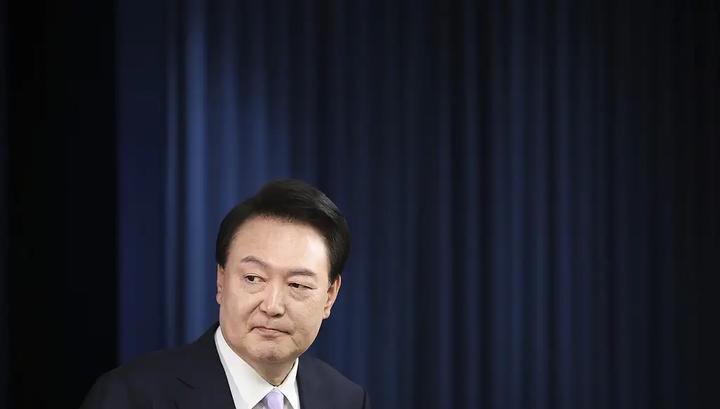South Korean Parliament's Move to Arrest President Yoon
On December 10, South Korea’s National Assembly passed a historic motion to arrest President Yoon Suk Yeol, marking an unprecedented move in the nation’s constitutional history and deepening the political crisis.

The South Korean National Assembly’s unprecedented vote to arrest sitting President Yoon Suk Yeol represents a significant escalation in the country’s ongoing constitutional crisis. With 191 votes in favor, 94 against, and 3 abstentions, the parliament has taken a dramatic step that challenges the traditional boundaries between South Korea’s legislative and executive branches.
The arrest motion stems from President Yoon’s controversial declaration of martial law, which opposition parties claim constituted an abuse of power. This development occurs alongside the passage of a Special Prosecution Act, which received even stronger support with 210 votes in favor, establishing a special investigation into the martial law incident.
The legal framework surrounding this situation is complex. While the South Korean Constitution does not explicitly grant presidential immunity from criminal prosecution, there is no historical precedent for arresting a sitting president. The Blue House, South Korea’s presidential office, has already shown resistance by refusing both written investigation requests and search warrants, citing military security provisions under Criminal Procedure Act Articles 110 and 111.
This political standoff has created deep fissures within South Korean democracy. The ruling People Power Party appears divided, with some members abstaining or supporting the opposition’s measures. Meanwhile, the Democratic Party has seized this opportunity to attempt a fundamental restructuring of presidential powers.
The practical implementation of the arrest motion faces significant challenges. As Commander-in-Chief of the armed forces, President Yoon retains significant authority and protection from the National Security Office. Furthermore, any legislation passed by the National Assembly typically requires presidential approval within 15 days – creating a paradoxical situation where the president would need to approve his own arrest warrant.
The situation draws parallels to other political crises in South Korea’s history, where previous presidents faced legal consequences after leaving office. However, this marks the first attempt to arrest a sitting president, potentially setting a dramatic new precedent in South Korean constitutional law.
These developments reflect a broader power struggle between South Korea’s legislative and executive branches, with implications for the country’s democratic institutions. The crisis has exposed vulnerabilities in the constitutional framework governing the relationship between presidential authority and parliamentary oversight.